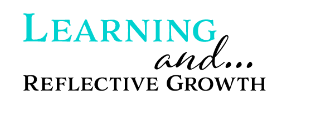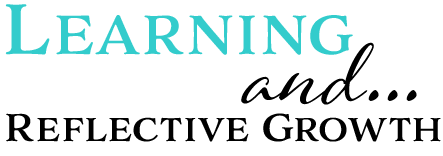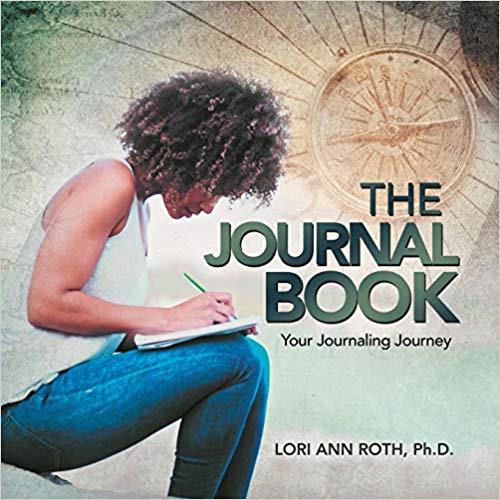Have you heard the story about the three blind men and the elephant? That is exactly what happens each time you go into a meeting without taking notes. Sure, some meetings are fantastic – everything goes as planned and agendas are followed. Toastmasters meetings come to mind. But, in most meetings, people leave with different interpretations of what transpired. Then, inevitably, we forget. Our professional lives would be so much smoother if we incorporated journaling during and after meetings.
Here’s why journaling during and after meetings is a great idea:
Clearer Recollection
Jotting down notes during meetings helps you remember key points, decisions made, and action items. I started with staff meetings because no notes were being taken and I didn’t want to forget my action items or what others were doing. When my colleagues realized that I followed up better than anyone they asked me how I remembered. I showed them my journal and even had to go back to the last meeting notes to answer some questions about action items.
Improved Accountability
A written record keeps everyone on the same page and ensures everyone is held accountable for their commitments. I always know what is expected of me because I write my action items on the bottom of each page during each meeting. I also circle notes where I may have questions and star action items (if I don’t have time to write them down during the meeting). When I go back, I make sure all the star items are in the action items box at the bottom of the page. This works for me. I try not to be a notetaker for everyone else, my journaling is just for me, however, I have had a colleague ask me if I remembered what they were supposed to do (at least a few times).
Enhanced Focus
The act of taking notes itself can make you a more active listener and participant in meetings. As a card-carrying extrovert, I tend to speak up more than others. Journaling has helped me hone my listening skills as I write things down. I learned how to ask more questions and comment less. I focus on what the person is saying to see if there is an action item, if I can assist them, or to get their main points.
Better Decision-Making
When referencing your notes later, you’ll have a clearer picture of the situation to make well-informed decisions. Haven’t you been in the third or fourth meeting in a series and someone asked, “How did we decide that?” Journaling has helped me help my team by answering that question after going back to my meeting notes. It’s fair to note who came up with ideas. Have you noticed that some people will suggest an idea that was ignored and at the next meeting, someone else mentioned that same idea and everyone was on board? I would speak up and give credit where it was due. “Mary, didn’t you mention that at the last meeting? Tell us what you were thinking please”.
How to Get Started with Meeting Journaling
Find the Right Tools
A pen and paper notebook works just fine, or you can use a note-taking app on your phone or tablet. I use a special notebook with action items at the bottom of each page. Of course, I use a pen in my notebook during face-to-face meetings. I use AI for online meetings but then edit the text and add my questions. Use what works best for you. I like to use my notebooks, however, using a digital tool might help when finding past information.
Develop a System
There are many journaling formats. Experiment and find what works for you. During meetings, capture key points, decisions, and action items. After meetings, jot down any follow-up thoughts or questions. I also write how I feel during meetings detailing if I was energized, bored, or confused. It was an excellent idea to, journal my thoughts about how I thought the meeting went and how I could follow up. I still have a system, and my action items are always at the bottom of each page.
I tried using the mind map method but that didn’t work for a lot of meetings. It works for me in training or lectures. Find a system that works for you. Huge note…always date the journal entry!
Be Consistent
Make meeting journaling a regular habit. The more you do it, the easier it will become. I even take notes during 1:1 meetings and virtual meetings. Keep with your system until you perfect it and feel comfortable.
So, this July, why not make journaling a part of your meeting routine? Your future self will thank you!
Let me know how you journal during meetings. What is your system?
#Journaling #meetings #effectivemeetings #business #organization
Check out my book, The Journal Book: Your Journaling Journey on www.Amazon.com




